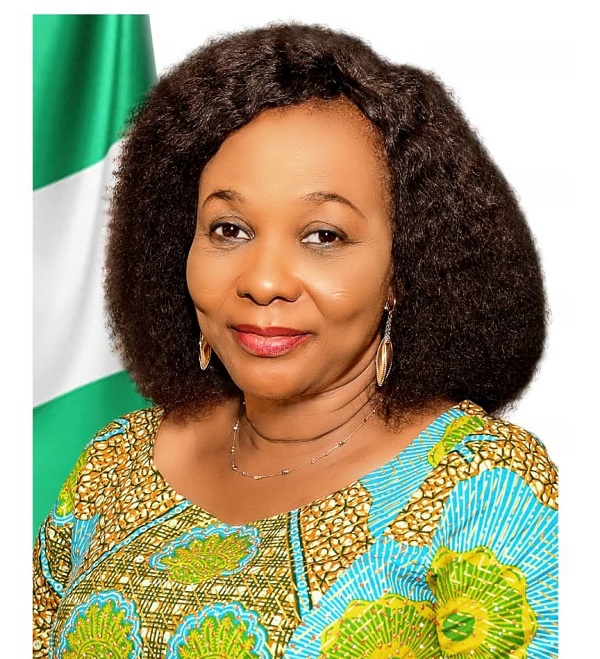
Nigeria is set to increase its gross domestic product (GDP) and national socio-economic development by leveraging digital technology, according to the Federal Ministry of Science Technology and Innovation (FMSTI).
The ministry said it aims to harness the power of digital technologies to drive industrialisation, sustainable development and job creation in Nigeria, as part of a broader strategy to address the country’s economic challenges.
With a focus on reducing poverty and achieving social and economic stability, the FMSTI is poised to consolidate COVID-19 pandemic laboratory investments into a cohesive tiered national network of public health laboratories, as prescribed in the NCDC Act (2018).
At the 21st Meeting of the National Council on Science Technology and Innovation in Abuja, the permanent secretary of the FMSTI, Mrs. Monilola Udoh emphasised the importance of implementing revised STI policies, the National STI Roadmap, and related national energy policies. These efforts aim to drive the nation’s industrialization, increase per capita income, create job opportunities, reduce poverty and achieve social and economic stability.
The Nigeria Agenda 2050 is a long-term plan designed to transform the country into an upper-middle income country with improved per capita income. The plan aims to reduce poverty, achieve social and economic stability and develop a mechanism for sustainable development consistent with global concerns about climate change.
To achieve this long-term ambition, the country’s per capita GDP is expected to increase from US$2,084.05 in 2020 to US$6,223.23 in 2030 and US$33,328.02 in 2050. This growth will result in the creation of roughly 165 million full-time jobs during the agenda period to spur poverty reduction.
Udoh tasked the technical committees to develop implementable policies that would facilitate and promote science, technology and innovation (STI) to bring about economic growth in all sectors of the Nigerian economy. The goal is to achieve the Nigeria Agenda 2050 and contribute to the country’s GDP through digital technology.

